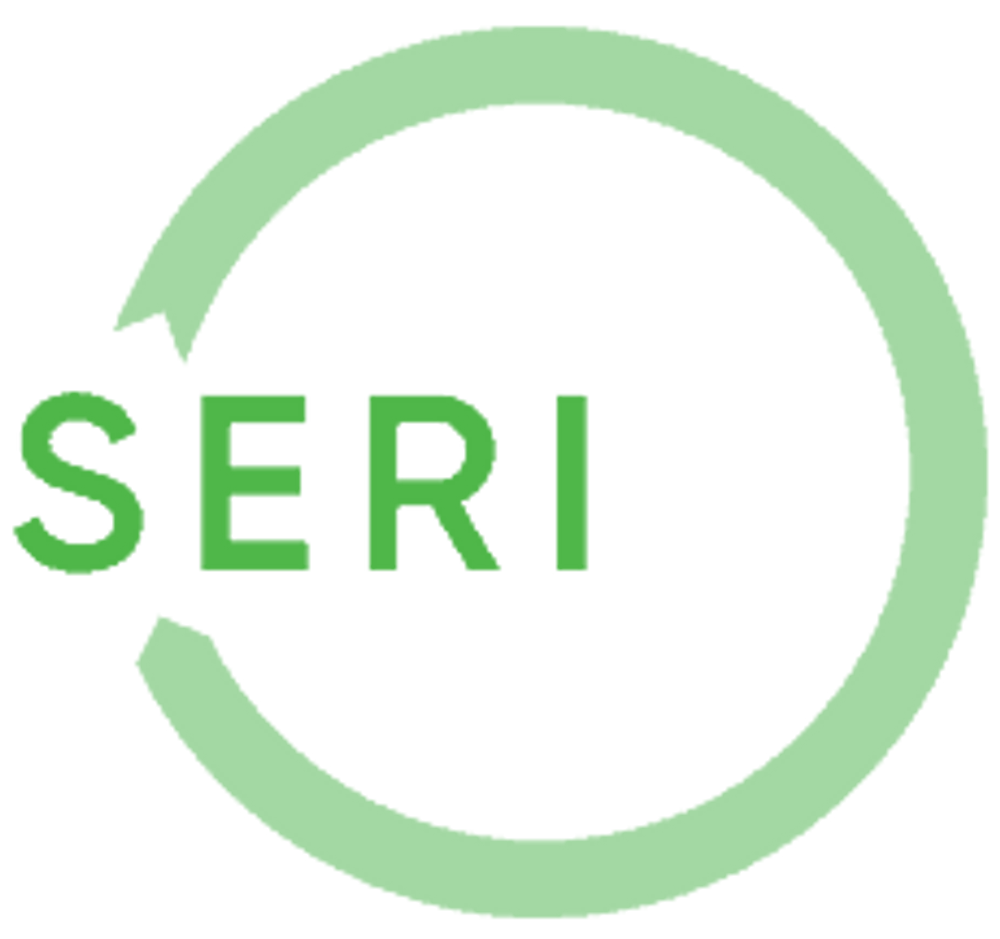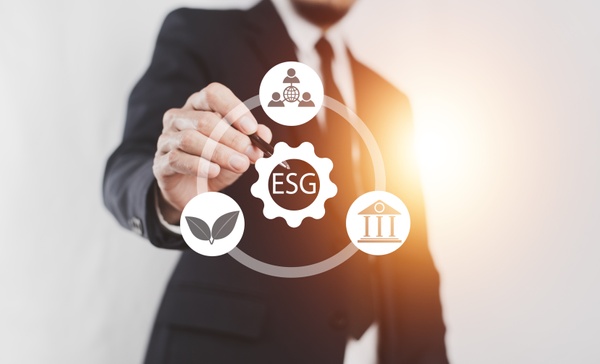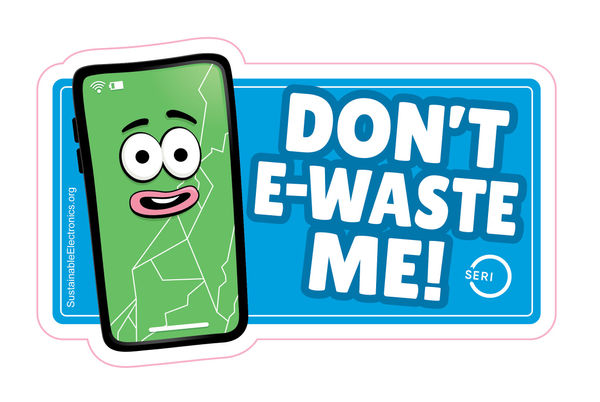September 19, 2023 -- Washington DC -- SERI, a global leader in Electronics Sustainability, an American National Standards Institute (ANSI) accredited standards developer, and the non-profit organization behind the R2 Sustainable Electronics Reuse and Recycling Standard and Certification program, today announces that it will move forward to develop a globally recognized ESG (environmental, social, and governance) reporting standard and certification program for the electronics industry.
ESG reporting is a way for the financial industry to measure risks beyond what was traditionally evaluated, looking at the policies and practices of an organization to include a quantitative assessment of environmental, social, and governance risks to the business. Today, there is no globally accepted standard for how to report the ESG impacts of electronics. This work is designed to fill that gap.
“Today, organizations are working hard to measure all of their direct and indirect carbon impacts for ESG reporting, and when you think about all of the different variables within any business, it gets very complex very quickly,” said SERI’s Executive Director, Corey Dehmey. “We realize that the carbon impact stemming from electronics may only represent a relatively small piece of the puzzle, but since nearly every business around the world uses some combination of computers, routers, data centers, POS (point of sale) systems, mobile phones and tablets, printers, and other electronic devices in their daily operations, you can see that an ESG Reporting Standard for electronics is an important part of the larger picture.”
As the world becomes increasingly interconnected, there is a stronger demand for information on a company to gauge long-term viability, sustainability performance, and social responsibilities. The U.S. Securities and Exchange Commission (SEC) and Europe Union’s Corporate Sustainability Reporting Directive (CSRD) recently finalized initiatives requiring mandatory carbon footprint disclosures and assurance on sustainability impacts to help investors and stakeholders focus on making better purchasing decisions. While there are existing initiatives that work to create general guidelines for reporting across all sectors, there are currently no industry-specific guidelines for the electronics sector, nor is there established third-party oversight to that reporting.
“Building an Electronics ESG Reporting Standard that is universally applicable and globally adopted is the first half of the task,” continued Dehmey. “But reported data is only good as far as it can be trusted. So, the second half of the task is to build in verification to ensure that what is reported is accurate. And beyond that, electronics give a real opportunity to incorporate the social elements of ESG reporting. Think about the positive impacts that can occur when an electronic device is bound for reuse rather than recycling. Though a business’ old electronics may no longer suit their needs, those same devices could make a world of difference to someone who doesn’t have access to new electronics.”
The product of SERI’s ESG project will serve as just one small piece in a very complex ESG reporting system for clients and will seek to align all the elements of the electronics value chain to feed into an organization’s ESG report. But as approximately 80% of the carbon impact of electronics is created before a device is unboxed for the first time, this category offers businesses a unique opportunity for carbon reduction as well as increasing social good by helping bridge the digital divide through making better reuse and recycling choices within the purchasing, usage, and IT asset disposition (ITAD) functions of an organization.
The standards development process will be modeled similarly to SERI’s R2 Standard and in accordance with ANSI Essential Requirements, starting with a formal announcement, a call for stakeholders to join a multi-disciplined Technical Advisory Committee (TAC), and then discussions of how best to build a standard that meets the needs of all parties including reporting facilities in the electronics value chain, public corporations, OEMs, the investment community, and regulators.
“As a champion of electronics sustainability, we want to work as a convener and bring all the various parts of our industry together and contribute to the larger push for a true global economy,” said Dehmey. “We feel it is time to take a step forward once again into a leadership position for our industry and leverage our expertise as an ANSI accredited standards developer and our experience with over a decade of building and maintaining the R2 Standard and certification program to create an electronics industry ESG reporting standard and certification program.”
SERI will make the official announcement at the combined E-Reuse/E-Scrap Conference in New Orleans on September 18, where Mr. Dehmey will also moderate the panel Leveraging Your ESG Expertise, aimed at electronics reuse and recycling facilities so they can increase partnership value by helping customers meet their ESG goals.
For more than 15 years, SERI has successfully led the multi-stakeholder development of the global R2 Standard and implemented an independent certification program for the electronics value chain. SERI will continue to adhere to the ANSI Essential Requirements for standards development, which means the organization will be transparent and held accountable by its accreditation throughout the process.
For more information about SERI’s ESG reporting standard, or to follow the development process or participate, please visit sustainableelectronics.org/join-the-mission-esg-reporting/.




